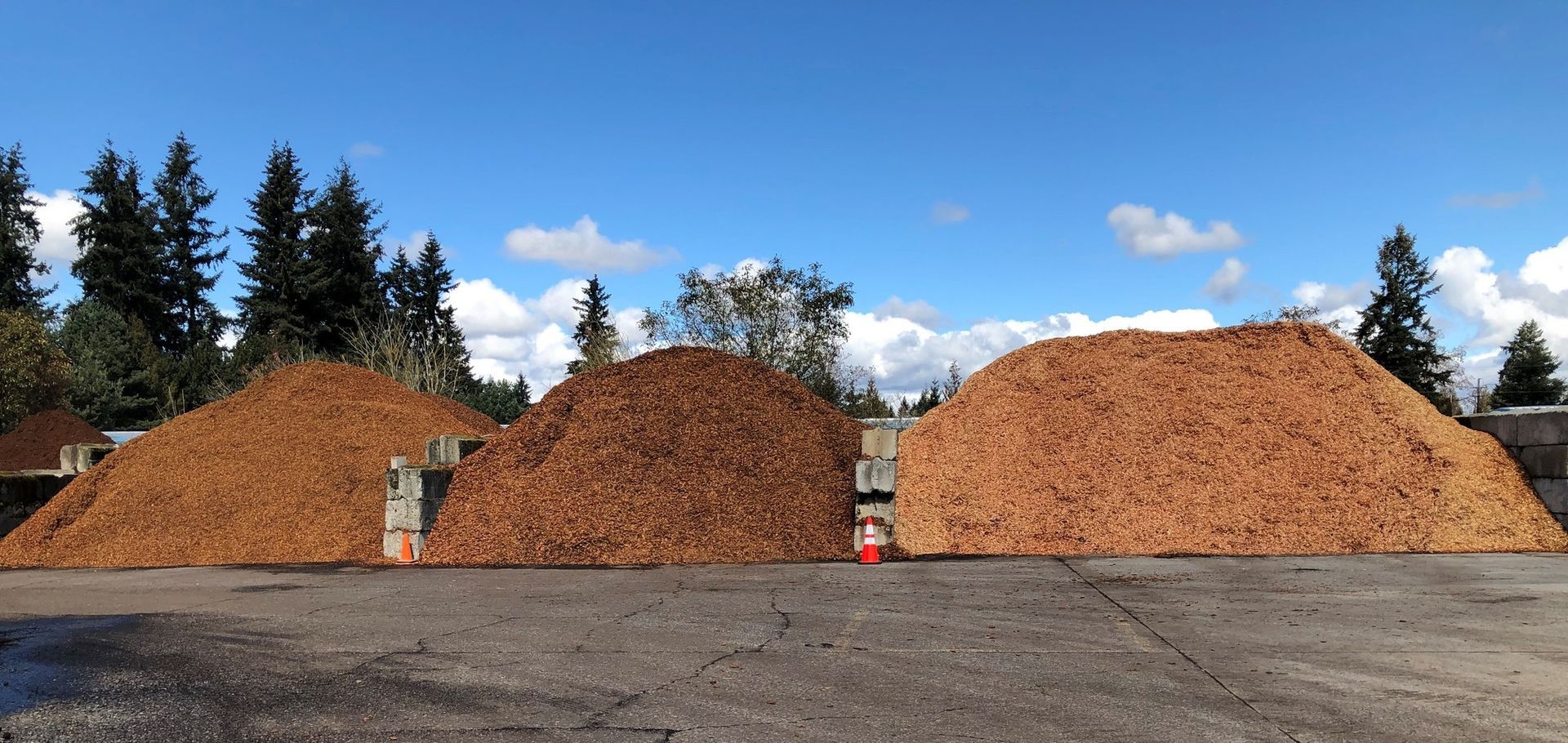Milwaukie, Oregon: 503-659-4240
Vancouver, Washington: 360-892-6125
**NOW OPEN ON SUNDAYS FROM 9:00am - 4:00pm**
**NOW OPEN ON SUNDAYS FROM 9:00am - 4:00pm**
Gardening Goods, Landscaping Products, and Yard Debris Recycling Services at our locations in Milwaukie, OR and Vancouver, WA
McFarlane's Bark has its own on-site recycling center that is a perfect place to drop off any unwanted green yard waste materials. We accept branches, leaves, grass, chips, weeds, sod, thatch, and clean lumber. McFarlane's Bark carries a variety of barks and compost products to enhance your garden needs. View our Oregon Product and Washington Product tabs to see our current list.
Product Coverage Calculator
Product Calculator
Celebrating over 90 Years in Business.
Open Since 1932!
CONTACT INFORMATION
BUSINESS HOURS
Content, including images, displayed on this website is protected by copyright laws. Downloading, republication, retransmission or reproduction of content on this website is strictly prohibited. Terms of Use
| Privacy Policy

